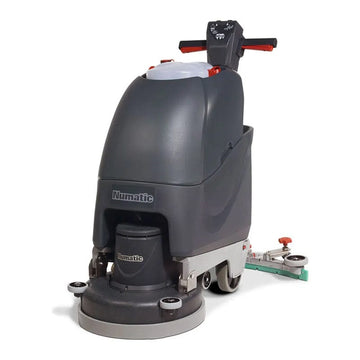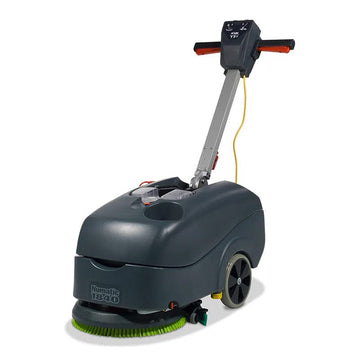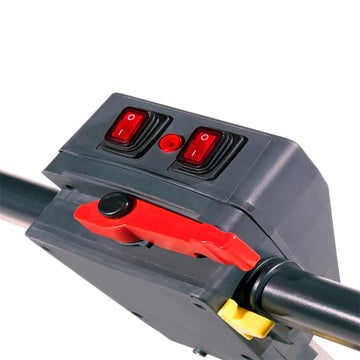Floor Cleaning: 5 Tips to Minimise Slips, Trips, and Falls
Slips and trips are one of the most common causes of injuries in the workplace and can be escalated very quickly and turn into a compensation claim, costing businesses a great deal.
Floor cleaning is integral to avoiding slip and trip accidents and to limit the chance of legal action being brought against any establishment.


Floor Cleaning - What to Consider
The most effective way of managing the risk of slip and trip hazards in work and public areas is to put actionable solutions in place. Simple, inexpensive services can help you avoid the considerable cost of a potential court case or out of court settlement worth up to £25,000. Consulting with a professional cleaning firm who utilise industry standard chemicals that will help you understand the level of care and cleaning needed for the types of floor in your business premises. They can also provide you with the guidelines necessary for storing your cleaning products.
There are a number of things that can result in a slip or trip accident such as water, oil or hazards such as wires - therefore promptly responding in getting rid of the issue will reduce the risk of incidences. We recommend making sure you're using wet floor signs and ensuring they're very visible to help mitigate a potential problem.
The tripping over wires hazard is one of the reasons why battery operated cleaning machines have grown in popularity.
Our 5 Helpful Tips
- There are several procedures that building owners, cleaning companies and others can take to minimise the risk of accidents. Where water is present or spills can occur should be more closely monitored, for example by a water cooler or coffee machine. Consider the use of barrier mats in these areas as well as at entrances for when there are inevitable periods of bad weather.
- Wet mopping or floor polish stripping and floor polishing should be undertaken outside of normal working hours in order to minimise the amount of pedestrian traffic. Be sure you're using the right solution for the floor and at the right dilution ratio too!
- As mentioned previously, wet floor signs should be used day or night when cleaning is taking place and the cleaning staff should also verbally warn people who may walk across the area for further prevention.
- Work with your cleaning staff to keep accurate records on the maintenance of floor surfaces - these should detail the products used on the floor, how often and who performs the tasks. Remember to keep track of the records log, perform routine inspections and record your findings and feedback to identify areas of improvement.
- If your building is only utilised by staff, we suggest looking at supplying everyone with the right footwear. Where floors cannot be kept clean and dry, slip-resistant safety footwear can help
prevent slip accidents.












